In recent years, the amount of data collected about our everyday lives has increased at an astonishing pace. Nevertheless, the benefits of data are still being distributed very unevenly.
The position of power of the largest technology platforms seems unwavering in relation to both individuals and SMEs. This set-up and the operating mechanisms of the data economy in its current form were described in Sitra’s Digipower investigation report published in spring 2022. As one recommendation aimed at improving the situation and giving individuals more bargaining power, the report highlighted a new model for the alliance of individuals: data collectives.
To spread and develop the data collective approach, Sitra is now launching a pan-European competition. The competition will seek out the best ideas about how different communities could together use data to support people’s digital rights, learning and agency. In the best case, ideas may lead to the creation of entirely new, fair and open digital services. As a rule, services that respect the individual’s sovereignty, digital agency and engagement also support democracy.
Your idea may be in its early stages or already under development: the most important thing is that it is a question of a genuine data collective where people or organisations form a community to which each participant contributes value-creating data. Combining, reviewing and analysing data creates new, valuable information or other benefits for all members of the data collective.
Sitra’s Digital Power and Democracy project is prepared to assist in and finance the further development of the most suitable ideas into experiments in 2023 or 2024.
The competition is aimed at European SMEs and NGOs as well as public sector organisations operating in the EU area. The detailed terms and conditions and participation instructions can be found on our website.
The application period has been extended. The call for competition ideas is open from 28 April to 14 September 2023. In the data collective ideation contest, we tested whether we could find ideas for new types of data communities in a short timeframe. As the ideas – however excellent – we received did not meet the competition’s criteria, we decided to extend the application period. We encourage all types of communities to apply with a low threshold, as technical expertise is not a prerequisite for participation. It is the idea that counts.
The idea of data collectives will be discussed at the MyData Global 2023 event on 31 May and 1 June 2023 and the best ideas will be awarded later. Sitra’s Digital Power and Democracy project is prepared to assist in and finance the further development of the most suitable ideas into experiments in 2023 or 2024.
Data collectives generate valuable data for people’s use
A collective is a group of individuals or organisations that come together, pool their resources and work towards a common purpose or shared objective. Collectives may come in many different forms: communities with shared interests, worker co-operatives or creative collaborations, to name but a few.
“A community turns into a data collective when, to reach the objective, each participant brings their own contribution of suitable data to the common table,” explains Sitra’s Senior Lead Tiina Härkönen. She adds: “It may seem that the data contributed by a single person has no value but, combined with other participants’ data contributions, it can yield valuable benefits and information.”
In other words, activities in which a community uses the data contributed by individuals as a resource and is concerned with a duty to the data subject can be considered a data collective. In some data collectives, the members may contribute their own personal data but that is not necessary.
The data collective community and its members may pursue individual-related benefits, such as freedom to act without being limited by certain restrictions. On the other hand, a data collective can be altruistic, pursuing benefits for others. The goal of a collective may also be a very concrete data-related benefit, such as money, pursued by the contributors of data.
Examples of data collectives include communities formed by professional or hobby groups. For instance, birdwatchers could contribute their observations to the collective as data. The couriers or drivers of a platform could also form a data collective and contribute their personal mobility data provided by the platform. This would allow data comparison and analysis to ensure, for instance, that the remuneration rules are fair and the algorithms are unbiased.
Sitra commissioned a preliminary report on data collectives from Hestia. Anyone interested in the topic can order the report from us.
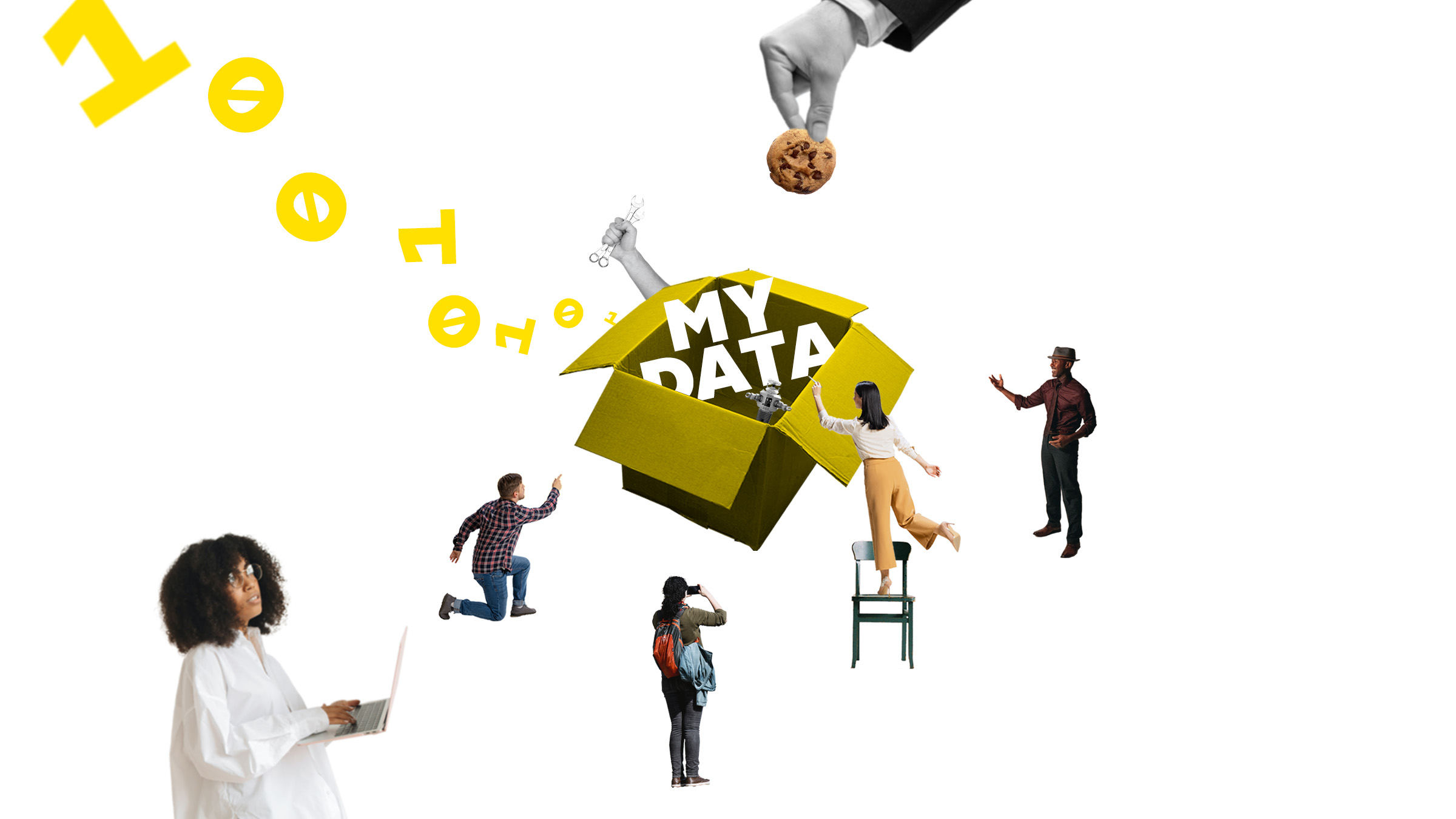
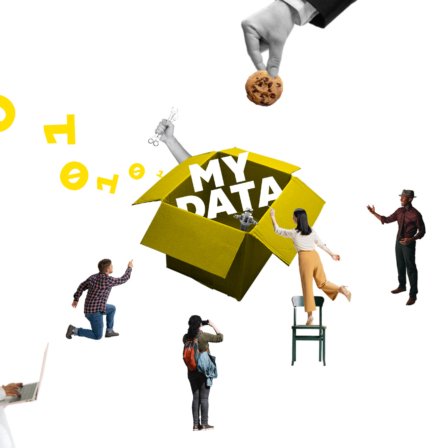


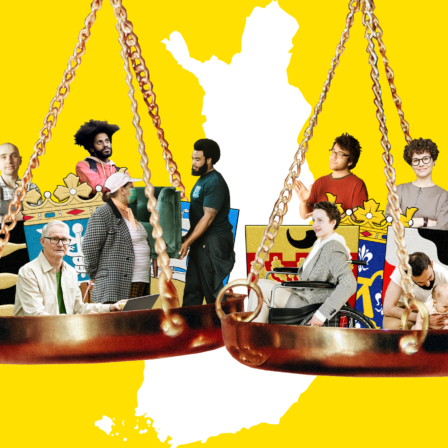



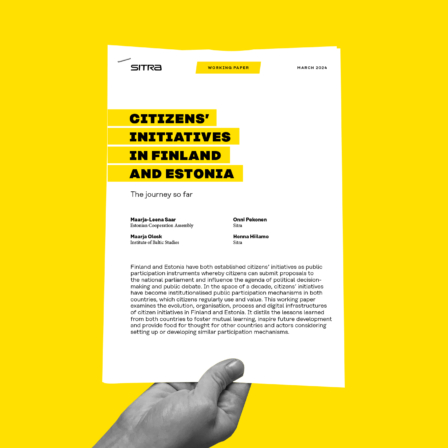
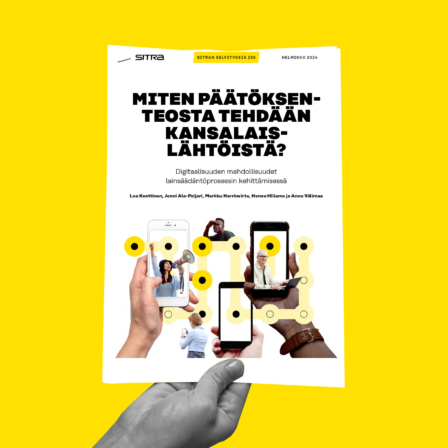
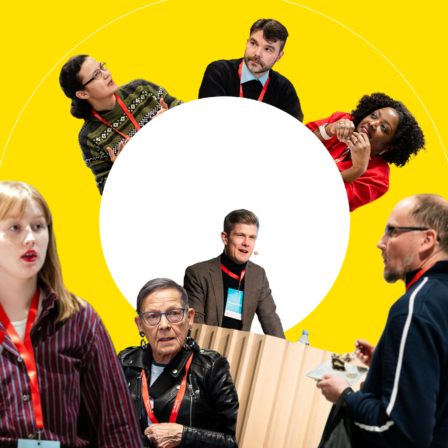
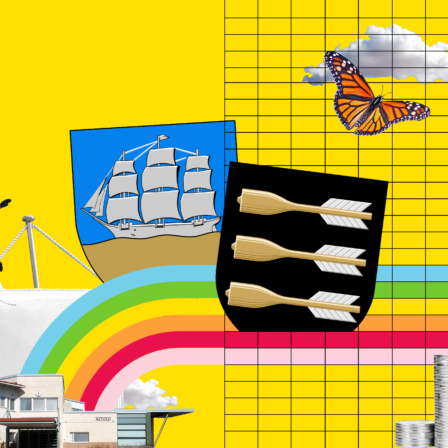
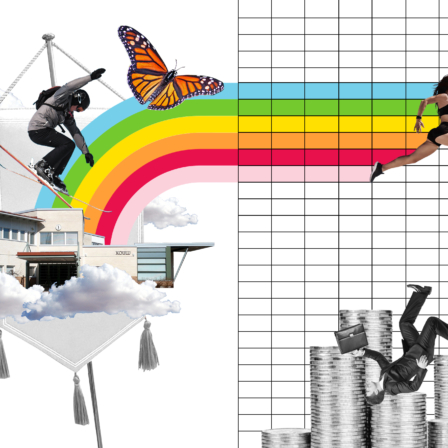




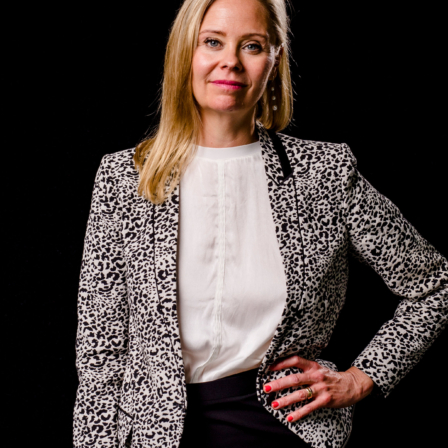


Recommended
Have some more.